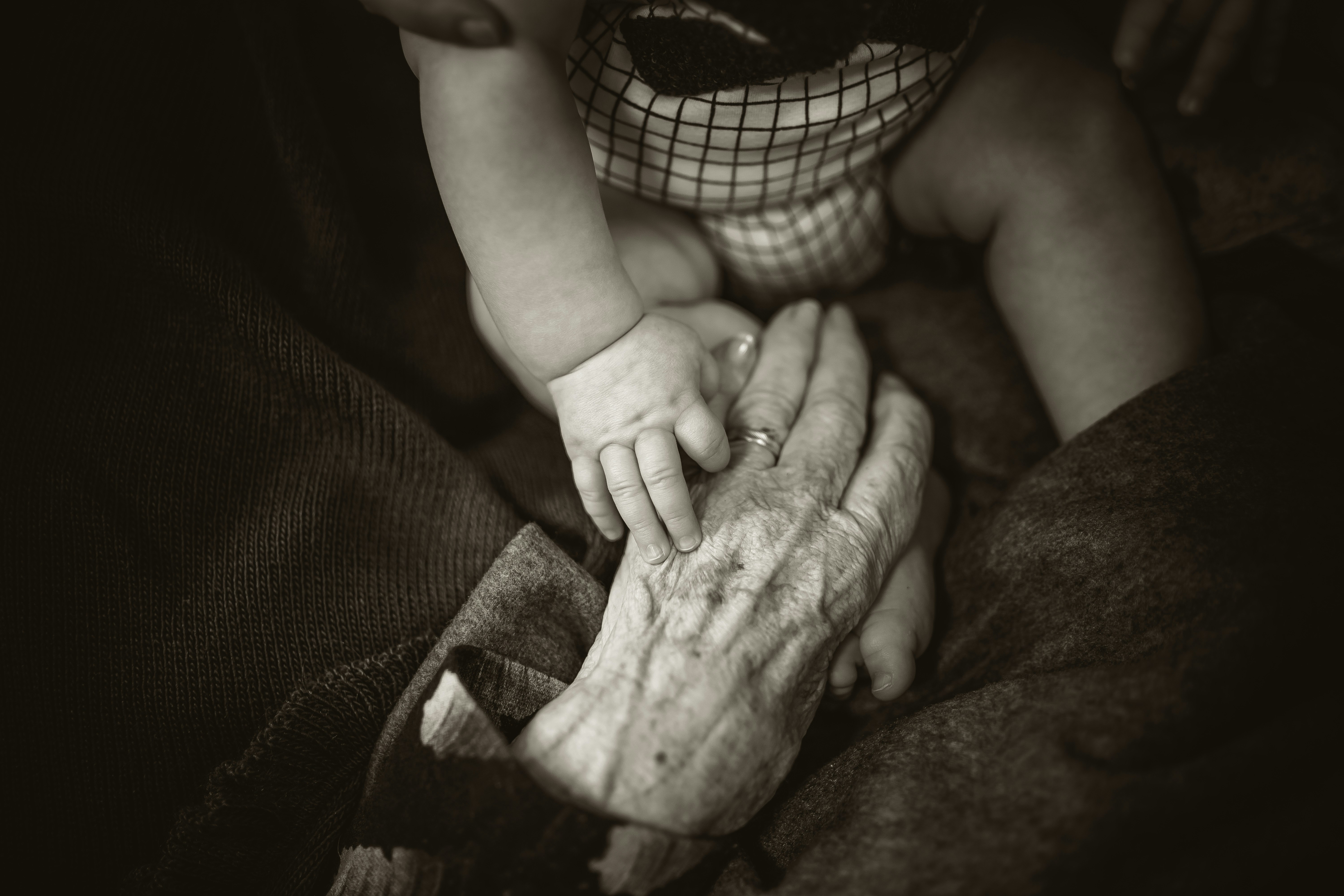Media release
From:
Antidepressant Use Lower in Moms Who Have Support From Grandparents
Mothers are less likely to take antidepressants if their own parents and parents-in-law are healthy and live close by– a new study finds.
On the flip side of the coin, antidepressant use was highest in mothers whose parents and parents-in-law were elderly, in poor health, and lived far away – possibly due to the stress caused by needing to care for and support older grandparents instead of receiving help from them.
The findings of this new longitudinal study which tracked 488,000 mothers of young children between 2000-2014 are published today in the peer-reviewed journal Population Studies.
“Previous studies have consistently shown that younger grandparents in good health are more likely to provide support and childcare,” says Niina Metsä-Simola, co-author of the study and demographics researcher at the University of Helsinki.
“Whereas having an old and frail grandparent may even place an additional burden on mothers, as they cannot expect to receive support from such grandparents but instead need to continue providing support upwards.”
In the group assessed, of mothers in Finland, the effect was seen to be strongest for women who separated from their partners during the study period. “This makes sense,” Metsä-Simola suggests, “as separated mothers often take on primary physical custody of their child, and may often need to rely on relatives to cope with the challenges of single motherhood.
“Mothers in such a situation may need to take on additional work, affecting their need for childcare, and may even need to move home. Having practical and emotional support at such a time would be invaluable.
“Parents of young children, especially those entering single parenthood, may be especially vulnerable to the adverse mental health effects of separation.
“This could explain why, in our study, grandparental support was particularly relevant for the mental health of separating mothers.
According to Metsä-Simola, the fact that these findings were documented in Finland - a country with a long history of pro-egalitarian policies – is highly relevant.
In Finland and other Nordic countries, mothers have universal access to health and social services, as well as affordable early-childhood care and education. Low-cost housing with care is provided for older people. Yet despite such generous policies, there was still a link between grandparents’ proximity, age, and health, and mothers’ antidepressant use. It remains to be seen if the link is stronger in less egalitarian countries like the UK.
“Our study suggests that support exchanges across generations matter for mothers’ mental health, even in the context of a Nordic welfare state where all parents—including single parents—benefit from generous institutional support,” says Metsä-Simola.
“Even in the pro-egalitarian context of Finland, potential availability of grandparental support matters for maternal mental health, especially among the vulnerable population subgroup of separating mothers.”
Although the research team were able to measure several characteristics of both the maternal and paternal grandparents, a limitation of the study was that their data set contained no direct measure of the support exchanges between mothers and grandparents.
This meant that they could not observe how often grandparents provided childcare and how involved they were in the lives of their children and grandchildren.
The paper recommends that future research could adopt a “broader perspective”, studying whether the depression trajectories of separating childless women are moderated by the characteristics of their own parents and (ex-)parents-in-law, as these women do not receive childcare help but may still benefit from other types of support.
In addition, the team suggest future research examines how women’s other characteristics, such as partnership and fertility behaviors, shape the association between their parents’ characteristics and their own mental health.



 International
International



